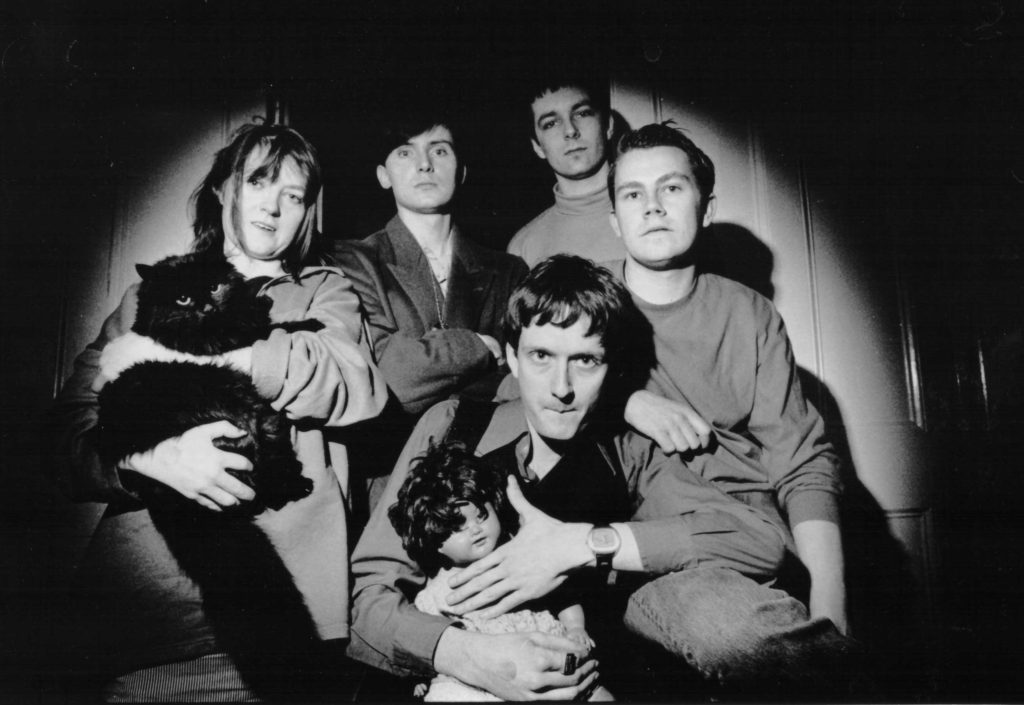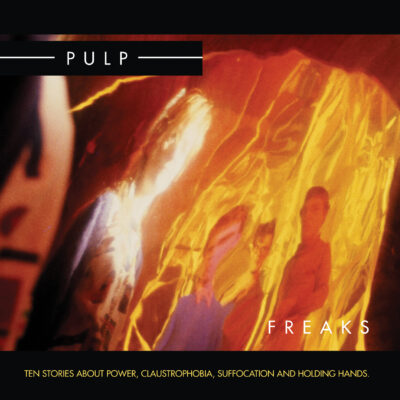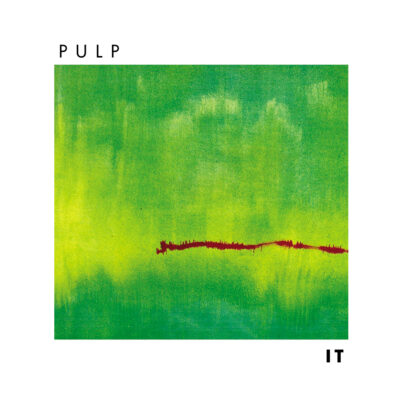Pulp
Pioneering Brit-pop band known for its stylish sound and vocalist Jarvis Cocker's lyrical obsessions (sexual foibles, working-class misfits)
Photos
Photos
Biography
Almost a decade before their status as press darlings and eccentric purveyors of weird and wonderful pop music, a deeply disturbed Sheffield pop group crafted a brace of loveably awkward pop classics, most notably the controversial ‘Little Girl With Blue Eyes’. Pulp were simply awesome and undeniably strange, ranging from Scott Walker balladeering to post-punk, avant-garde aggressiveness.
Fire Records have reissued the first three Pulp albums as part of the Embers series. Constituting three very different stages in the development of the band, the albums cover a staggering sonic range from the pastoral, acoustic sounds of ‘It’, to the darkly romantic ‘Freaks’ and the disco-tinged ‘Separations’. They point to Jarvis Cocker’s varied sources of musical inspiration and show a band in the process of finding their own unique voice, whilst hinting at the greatness that would follow. All three come newly re-mastered and beautifully repackaged, complete with additional bonus material and brand new liner-notes by Everett True.
As one of their most honest recordings, ‘It’ captures a band at the very beginning of their startling career. It is a gentle, mainly acoustic album, hinting at the musical directions Pulp would later pursue. The record touches on the majestic, theatrical ballads of Scott Walker as well as the stark, folky song-poems of Leonard Cohen. Produced by a young band in the process of pinpointing their direction, the album has aged beautifully into a charming collection. The reissue features 4 Bonus tracks including single version of ‘My Lighthouse’, an alternative mix of ‘Blue Girls’, as well as the previously unreleased ‘Sink Or Swim’ and ‘Please Don’t Worry’ from Pulp’s John Peel session in 1981.
On ‘Freaks’ Pulp had changed significantly since their debut ‘It’. By this time every member bar Jarvis had moved on but the addition of Russell Senior proved to be a pivotal turning point for the band. No longer did Pulp sound pastoral, easy-natured; now they were darkly romantic, brooding, noisy and a little bit Gothic, in the way young folk who brush their hair a certain way are always a little bit Gothic. Pulp were out-of-tune with the times: but the times didn’t satisfy Pulp. The album is quite marvellous. Most of these songs stand the distance of time: it was here, possibly even more than 1992’s ‘Separations’, that Pulp started coming into their own as a band with a fully-realised aesthetic. The first disc is the original album, unaltered and in its entirety. The second is a bonus disc comprising of tracks from the two big non-album singles from the same era, ‘Little Girl With Blue Eyes’ and ‘Dogs are Everywhere’. Two further b-sides ‘Tunnel’ and ‘Manon’ complete the second disc for the definitive ‘Freaks’ period release.
Completing the collection, their third and last album for Fire, ‘Separations’. By 1992 Pulp had already transformed from their debut ‘It’ through the dark electronic phase of ‘Freaks’ and were garnering significant momentum. Now critically acclaimed and with a live reputation matched by only a few, most of the songs on ‘Separations’ sound fully-realised in that undeniably Pulp manner that was soon to be experienced everywhere. And, for the first time, there was an inescapable disco pulse. This is the transition album where Pulp, caught between a doomed romantic outsider past and an acid-bright future, made an album that brilliantly reflects both. The reissue includes 4 bonus tracks, including ‘Death Goes To The Disco’, ‘Is This House’, as well as an extended version of the single ‘Countdown’ and the previously unreleased ‘Death Comes To Town’. ‘Separations’ spawned two of Pulp’s most successful singles to date in ‘Countdown’ and ‘My Legendary Girlfriend’, with the latter topping the singles of 1991 lists by major music publications.




